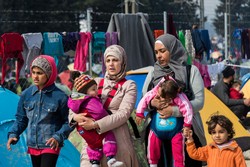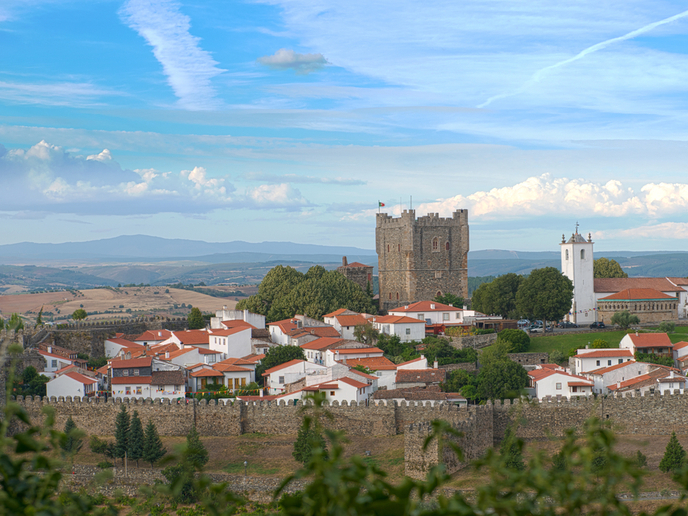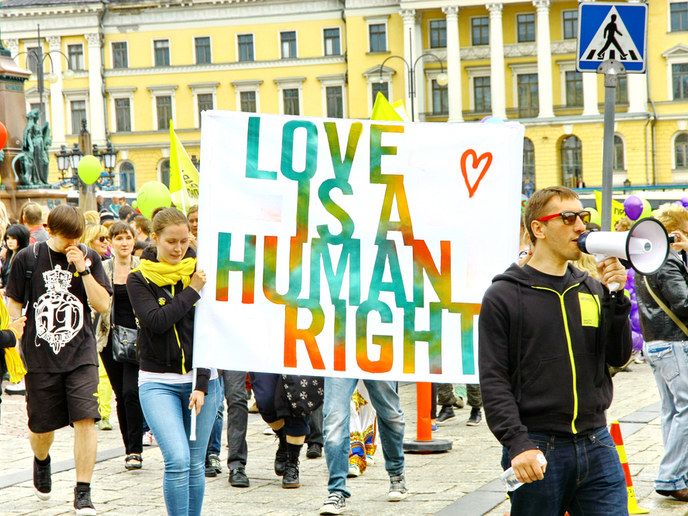Immigration and the west
Global immigration can be viewed from two perspectives: immigration that culturally enriches the host societies, or immigration that resists integration and often challenges Western values and identities. A central dilemma of Western nations is how to protect their liberal values while not violating the same values that they seek to protect. Against this backdrop, the EU-funded CULTURAL DEFENSE (Cultural defense of nations: A liberal theory of majority rights) project examined the implications inherent in this complex puzzle. It looked at cultural considerations in immigration selection, as well as liberal versus communitarian justifications for cultural rights. The project team developed a new theory of ‘cultural defence of nations’ based on liberalism and human rights law. It proposed a new concept of ‘national constitutionalism’ that maintains nations’ cultural goals without applying drastic illiberal measures. The researchers investigated the marked increase in majority nationalism across the West, where liberal democracies have introduced laws required immigrants to adopt the culture, values, and mores of the majority. CULTURAL DEFENSE criticised these laws, arguing against a thick use of culture in immigration selection. Instead, the project proposed a theory of cultural defence that lets liberal democracies safeguard their cultural essentials through immigration law. It investigated how immigration policy can protect both the human rights of migrants and the constitutional identity of states. Insightful outcomes emerging from this project have been published in a book titled ‘The Cultural Defense of Nations: A Liberal Theory of Majority Rights’. The publication is bound to help support policymaking and appeal to academics and experts in immigration law, constitutional identity, and human rights law. Ultimately, better integration and immigration policies can emerge from this formidable work.







